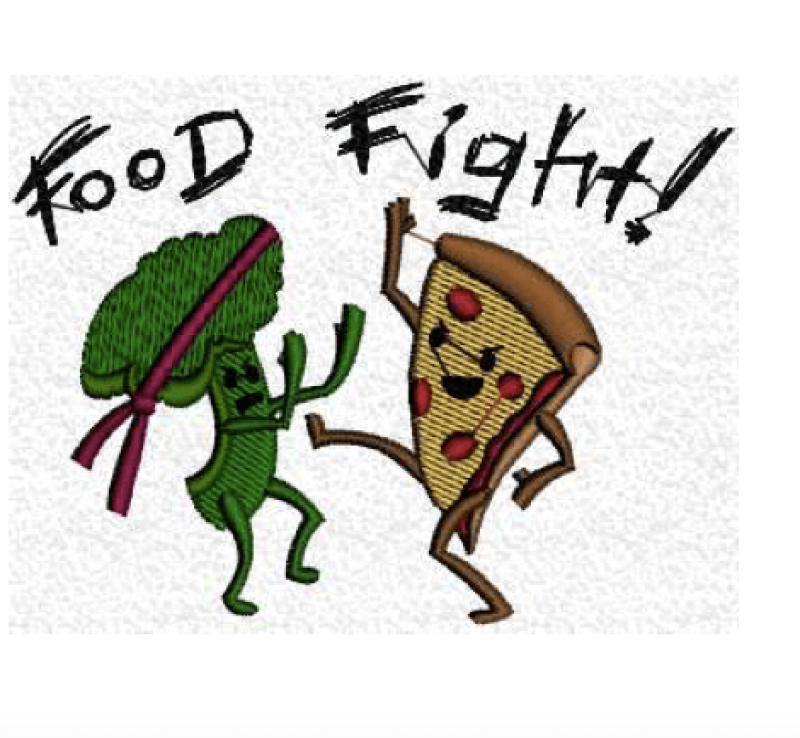The GLP aggregated and excerpted this blog/article to reflect the diversity of news, opinion and analysis.
Is Exxon Mobil’s behavior any different than that of the organics industry, which continues to fund research and advocacy to cast doubt on the overwhelming scientific consensus that genetic modification of food causes no harm to human health? Is that not Merchants of Doubt behavior by a business interest to protect its profits? I recently posed that question to Naomi Oreskes, co-author of the book Merchants of Doubt. She acknowledged, hesitantly, that it might be.
What about the researchers and academics who publish papers, invoking the credibility of their expertise and the “peer-reviewed academic literature,” that dishonestly cherry pick and twist the evidence, and flat out lie, specifically to cast doubt on the consensus about the human safety of GMOs? . . . Here’s one recent example, by the widely (and rightly) respected Dr. Sheldon Krimsky [claiming that the consensus on GMO safety is illusory.]
Or how about the overtly dishonest manipulation of the evidence about the human safety of GM foods by Greenpeace and other GM opponents, who investigations have shown are clearly and knowingly fudging the facts to advance their values-based agenda. See William Saletan’s investigation of this in Slate.
In a society that enshrines free speech as a basic right, the answer of how and when to sanction such behavior, without going too far, is not as simple as it might first seem. Investigations into such behavior should tread carefully. And they should target anyone who engages in it, not just the big, bad companies we all love to hate.
Read full, original post: Big Tobacco, Big Oil, and Greenpeace. All Merchants of Doubt That Harm People and the Planet.































